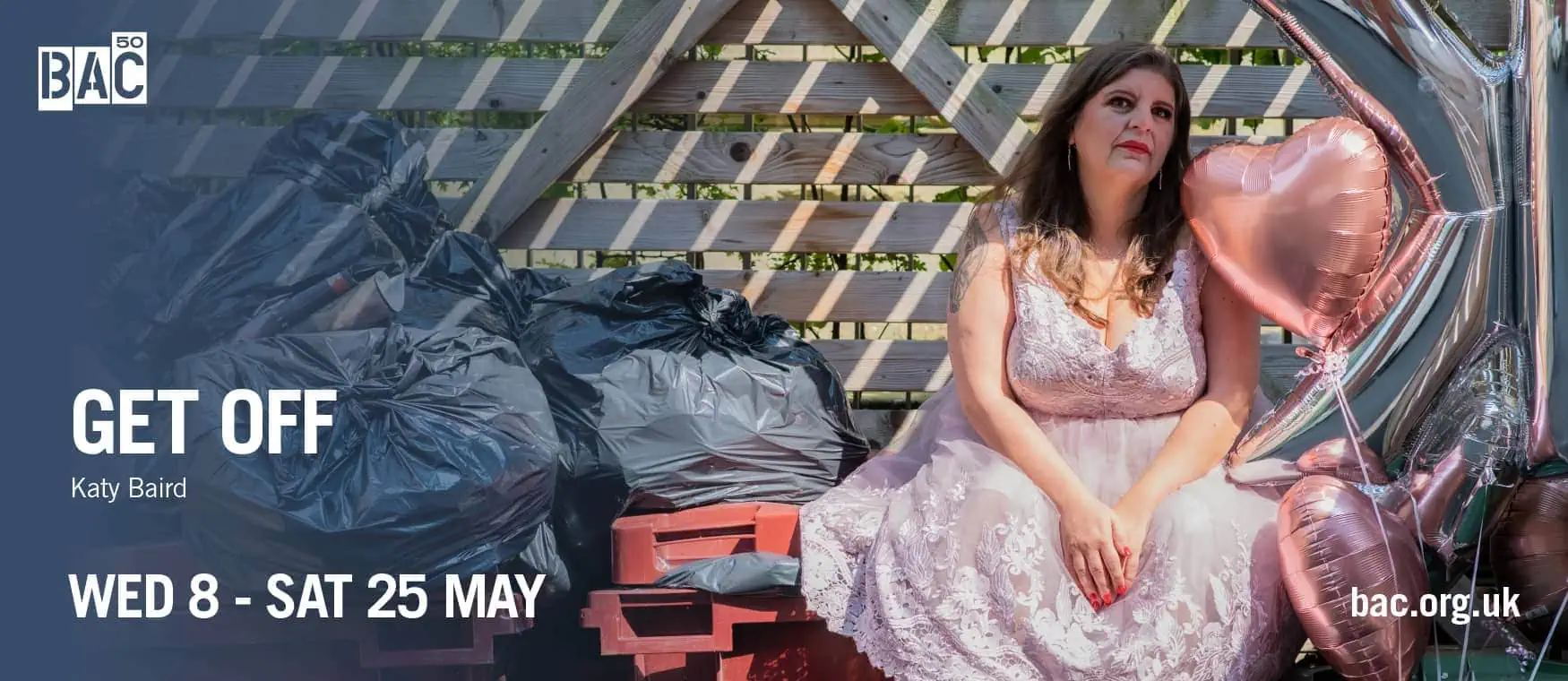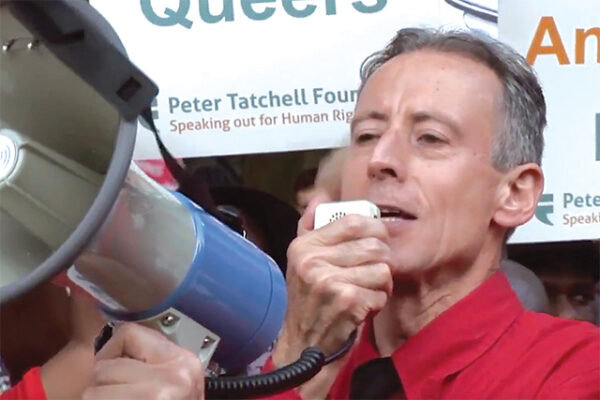Cliff Joannou deconstructs Eurovision and the power of Conchita Wurst…
Like it or loathe it, Eurovision is as politically-charged as it is both widely reviled or regaled. Like Marmite, you do either love it or hate it. You’re either planning your weekend around it, or utterly indifferent to its existence. It’s either a nuisance to your social plans (I can’t tell you how many Eurovision parties I’ve had to politely turn down invites to) or rejoiced in its gleeful camp in the company of friends at your favourite gay bar. Without doubt, it was the inspiration for a thousand song contests, from American Idol to X Factor via the much-lamented Pop Stars: The Rivals. (Ah, One True Voice, where are you now?)
If it wasn’t for Eurovision we wouldn’t have Abba or Bucks Fizz, and Gina G would never have gone on to make a glittering career based on her massive (s)hit single.
If UKip were right about one thing, it is that the influx of all those European countries did bring an end to the UK’s dominance… of Eurovision. Ever since we (legally/illegally) invaded Iraq and all those Eastern European countries entered our continent’s country club of power mongers, we have been hit by a swarm of retaliatory nil points, barely able to scratch the Top 10 of the lamentable contest’s final. ‘Fucking foreigners,’ Farage must be seething. ‘Here they come, breaking down our borders and making a mockery of our music industry.’ Mr Blobby would no doubt agree. (The latter, I imagine, also votes UKip.)

We learned that homophobes are often masters of their own downfall. Had countries like Russia, Armenia and Belarus allowed individuals to go about their own business of being individuals and not carbon copies of their narrow-minded vision of what a man should be or a woman should look like, perhaps Austrian entrant Conchita Wurst’s rousing song would not have garnered the attention they wanted it so much not to receive.
Had they not campaigned so vocally against Wurst’s inclusion in the contest, perhaps she would not have gained such momentum on the night of the final? After all, every presenter across Europe must have highlighted Russia’s protest at her inclusion when she came on screen. We will never know. What is certain is that the attention lauded on Wurst’s performance ahead of the contest only served to highlight what is essentially an iconic Eurovision song. ‘Rise Like A Phoenix’ is lyrically, musically, melodically, and from a performance perspective, so perfectly, outrageously, Eurovision. The fact that it’s so intensely personal only magnifies its power. A worthy Bond song, with the drama that more recent themes have missed. (I’m serious, I’d rather watch Mz Wurst’s Eurovision performance than Adele’s lacklustre Oscars rendition of ‘Skyfall’.)

When President Putin signed-off his intensely homophobic Russian legislation in June 2013, he probably had no idea that the greatest protest to his chokingly repressive statement of real family values would come in the form of a transsexual at the Eurovision song contest that went on to rally a continent to her vision of personal freedom. It’s a good thing he doesn’t wear a beard (not a real one at least) or he would have to join his fellow right wing countrymen who have been reportedly shaving their faces this week in protest at how Wurst’s image has singularly castrated the beard as a symbol of masculinity.
It may be the end of the beard as we know it in Russia, but at least we can rest assured that (at the time of going to press) Conchita Wurst is defiantly at the top of Russia’s Top 100 downloaded songs. And whilst this success may have even worked to conversely entrench the ultra-rightwing views of some across Europe (and even here in the UK), it was still Russian viewers that awarded her five points in the public vote.
While this certainly won’t mark the end of intensifying homophobia in Russia and Eastern Europe, Putin and other anti-gay leaders should take heed that their edicts on family values may not necessarily align with those of their people.
• Read how QX predicted Conchita Wurst’s Eurovision win here: qxmagazine.kinsta.cloud/club-night/sepm/











